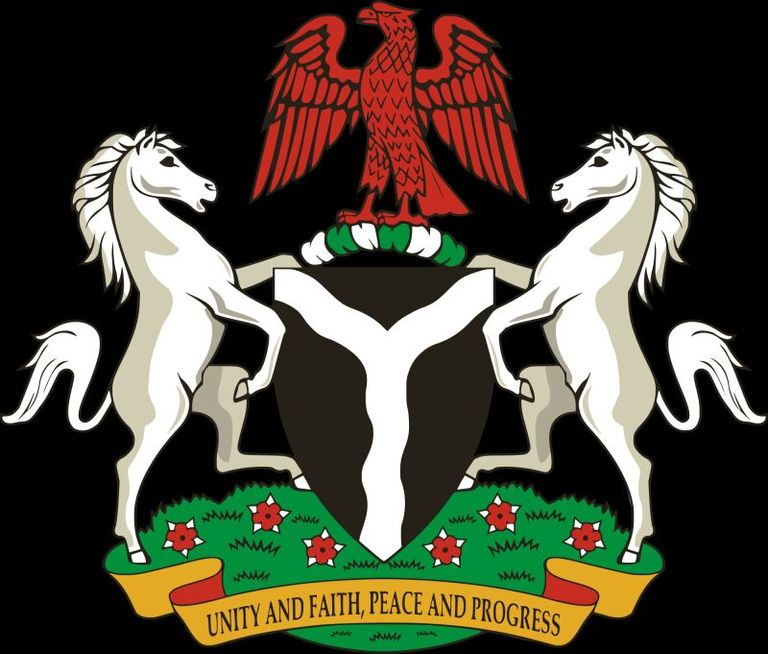
When the government controls virtually 99% of one's assets, individuals have no choice but to comply with its policies, whether fair or unfair. The expectation is for the federal government to prioritize policies that benefit the masses, but often, policies favor the wealthy, widening the gap between the rich and the poor.
Currently, the standard of living is very low in Nigeria. Many average Nigerians struggle to afford two to three meals a day. The value of the Nigerian currency, the naira, is rapidly declining, leaving individuals with stacks of notes that can barely purchase a bottle of water. Prices of essential goods like rice have skyrocketed, with a bag going from 6 thousand naira to 77 thousand naira. The cost of fuel has also increased significantly, despite Nigeria being a major oil-producing nation. Basic necessities like packaged water have seen steep price hikes, with a sachet now selling for 50 naira, up from 10 naira.
Reviving the economy in this situation will require significant effort, miracles, and commitment. Many Nigerians are distressed by the daily economic downturns, with parents struggling to afford their children's education and universities facing challenges due to the economic hardships. As a result, many students have dropped out or deferred admission to find menial jobs to support their education.
Despite these challenges, the minimum wage remains unchanged, leaving many workers unable to afford basic necessities. This highlights the imbalance in the country's economic system. The level of poverty among vulnerable groups like orphans, destitute individuals, Internally Displaced Persons (IDPs), and people with disabilities is alarming. Insecurity is also rampant, with daily kidnappings, killings by insurgents, cybercrimes, and other atrocities plaguing the nation due to the economic crisis.
Nigeria, despite being a developing nation and the most populous black nation globally, is facing significant challenges. However, I'm optimistic that these challenges will soon be over, provided the government is not relenting on its effort to remedy the situations of the masses. Many of the country's youths, despite their talents and energy, lack opportunities to showcase their abilities.
The current administration is relatively new, and there is hope for positive change. Prayers are for the security of lives and property, growth, restructuring, development, and sustainability for the nation.
Amidst the hardships, demolition exercises are underway, purportedly for industrialization. However, affected residents should be compensated and given adequate time to relocate, rather than being forcibly displaced. Measures should be in place for resettlement, especially for average income earners, to ease their burden.
Investing in healthcare is crucial, and over-reliance on foreign medical treatments should be discouraged if we really wants to grow as a nation. Nigeria has skilled doctors, and efforts should be made to improve local healthcare infrastructure and facilities.
To achieve these goals, the government must take necessary actions to address the current challenges and prioritize the well-being of its citizens. More jobs should be created to reduce the rate of unemployment. Ensure the agricultural sector is revived and farmers are empowered and incentivized. The level of insecurities should be tackled from the grassroots to the federal level. Corrupt leaders should be prosecuted in accordance with the law of the land. There should be positive restructuring that will bring about development.
Let's keep working as hard as we can and let the government play their part. Sooner or later, I believe Nigeria will be great again. What are your views and recommendations regarding this scenario?